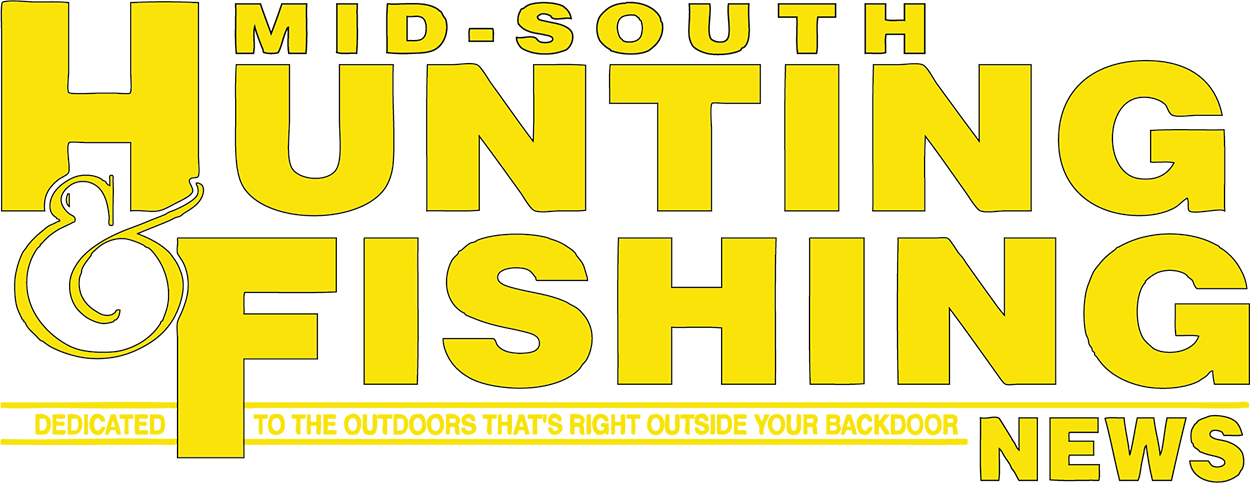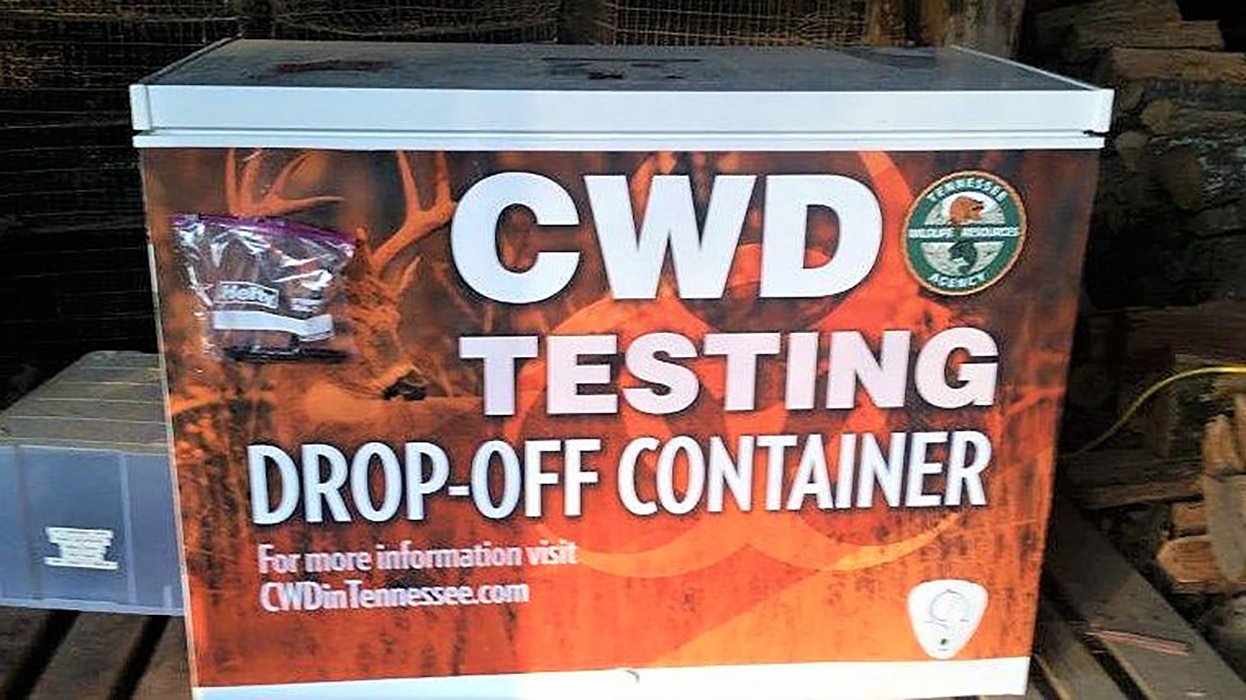NASHVILLE — Gibson and McNairy County are now positive for chronic wasting disease (CWD) after confirmation through multiple tests from hunter harvested deer. These results change the CWD status of both counties from high-risk to positive and makes Carroll County high-risk because of the proximity to the new positive deer. As a result, carcass transport, feeding, and mineral placement regulations are immediately enacted. For more information visit CWDinTennessee.com.
“We want hunters to know that it is imperative to move only approved deer parts out of a county that is positive or high-risk for CWD,” said Stephanie Durno Karns, assistant chief of game species. “These two positive deer found enact changes to the transport laws and wildlife feeding laws in these counties and we need everyone to follow those to slow the spread of CWD. With deer season in full swing, it is the most popular time for hunting. There are no changes to hunting regulations in Gibson, McNairy, or Carroll counties at this time.”
The Tennessee Fish and Wildlife Commission instituted deer carcass exportation and wildlife feeding restrictions to positive and high-risk counties to best manage CWD in the state. Only approved parts, including de-boned meat, cleaned (free of meat and tissues) skulls/skull plates & teeth, hides & tanned products, taxidermy, and antlers- including those attached to clean skull plates may be transported out of positive and high-risk counties. Supplemental feeding of wildlife is banned in high-risk and positive counties. Therefore, placement of grains, salt products, and other consumable products for wildlife is prohibited. The ban does not apply to feed placed within 100 feet of a residence, feed placed in a manner not accessible to deer, or feed and minerals as the result of normal agricultural practices. Food plots are still legal in affected counties. More information about CWD is available at CWDinTennessee.com.



